Home
David Cameron, the Prime Minister, soon got used to the surprise of the Conservatives being returned in the general election with a majority of 12. He retained George Osborne as Chancellor of the Exchequer and made him First Secretary of State too. Theresa May, Philip Hammond, Michael Fallon and Iain Duncan Smith also stayed put, but Chris Grayling replaced William Hague, who had left the Commons, as Leader of the House, to be replaced as justice secretary by Michael Gove, who was replaced as chief whip by Mark Harper. Amber Rudd became Energy Secretary. John Whittingdale became Culture Secretary in place of Sajid Javid, who became Business Secretary. Boris Johnson was to attend weekly political cabinets. In a vacuum of any other effective opposition, Nicola Sturgeon, the leader of the Scottish National Party (though not an MP) became louder in her demands, calling for ‘priority devolution of powers over business taxes, employment, the minimum wage, welfare’.
At the Cenotaph on the 70th anniversary of VE Day, Ed Miliband and Nick Clegg joined the Prime Minister in laying wreaths shortly after announcing their resignations as Labour and Lib Dem leaders. David Miliband, Ed Miliband’s brother, said that Labour lost because voters ‘did not want what was being offered’. Nigel Farage resigned as leader of the UK Independence Party, as he had promised to if he lost the seat he was contesting, but the party’s national executive committee rejected his resignation. The Conservative victory confounded the opinion pollsters, who had put the main parties neck and neck all year; when exit polls revealed the true state of affairs few could believe them, with Lord Ashdown promising to eat his hat publicly if they were accurate.
The Conservatives won 330 seats, with the Liberal Democrats losing 48, including every constituency in the West Country, reducing their numbers to eight. Labour was left with 232 seats. In Scotland the Scottish National Party won 56 of 59 seats, with one left each for the Conservatives, Labour and Lib Dems (Orkney & Shetland). Ukip received 3,881,129 votes and won one seat; the SNP received 1,454,436 votes to win its 56. Plaid Cymru won three seats. The BNP got a total of 1,667 votes. The turnout was 66 per cent. Among notable failures to gain election were Ed Balls, the shadow chancellor, and, among the Liberal Democrats, Danny Alexander, Vince Cable, Simon Hughes and Charles Kennedy. At Bradford West, George Galloway lost the seat for Respect with 8,557 votes to 19,977 for Labour’s Naseem Shah, who said to him in her victory speech: ‘Your campaign demeaned our democracy.’
Abroad
Federica Mogherini, the EU’s foreign policy representative, pleaded for UN help to dismantle criminal gangs smuggling migrants into Europe. As many as 8,000 refugees from Bangladesh and Burma were stranded at sea off Thailand. An eight-year-old boy was found in a suitcase being wheeled over the border from Morocco into the Spanish enclave of Ceuta. A Spanish Airbus A400 crashed near Seville on a test flight, killing four on board. Russia showed off a lot of tanks in its Victory Day parade. John Kerry, the US Secretary of State, met President Vladimir Putin in Sochi. The conservative candidate in Poland’s presidential elections forced a run-off round.
Another earthquake struck Nepal, a fortnight after one that killed more than 8,000 people. Saudi Arabia bombed Sanaa, the capital of Yemen, and then declared a ceasefire in the civil war there against Houthi rebels. An American air strike in Yemen was reported to have killed Nasser al-Ansi, a leading man in al-Qaeda in the Arabian Peninsula. Gunmen killed more than 40 on a bus in Karachi. Liberia recorded no new cases of Ebola for six weeks. Picasso’s ‘Women of Algiers’ became the painting to fetch the most at auction, going in New York for $160 million.
President Raul Castro of Cuba visited the Vatican for talks with Pope Francis, who, it emerged, had acted as an intermediary to improve Cuba’s relations with the United States. ‘If he goes on talking like this,’ President Castro said, ‘I’ll start praying again and return to the Church.’ President François Hollande of France visited Havana. The Greek debt stalemate continued. A man with a wartime artillery shell in his luggage was refused permission to join a Eurostar train at Gare du Nord. CSH
Got something to add? Join the discussion and comment below.
Get 10 issues for just $10
Subscribe to The Spectator Australia today for the next 10 magazine issues, plus full online access, for just $10.

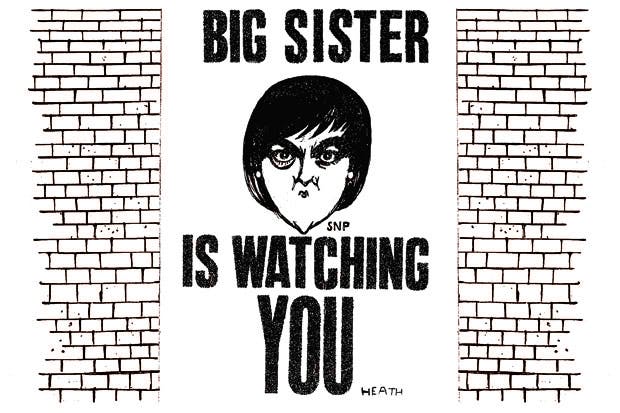
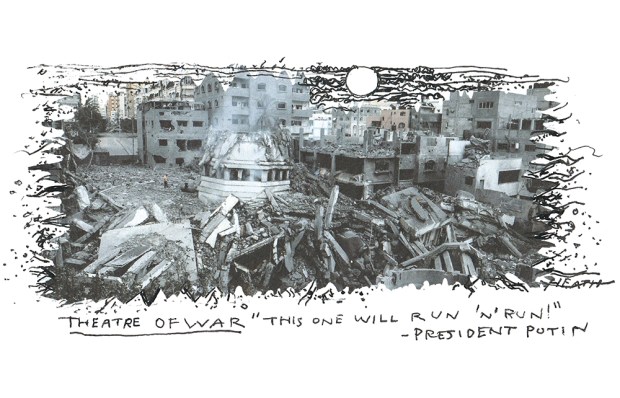
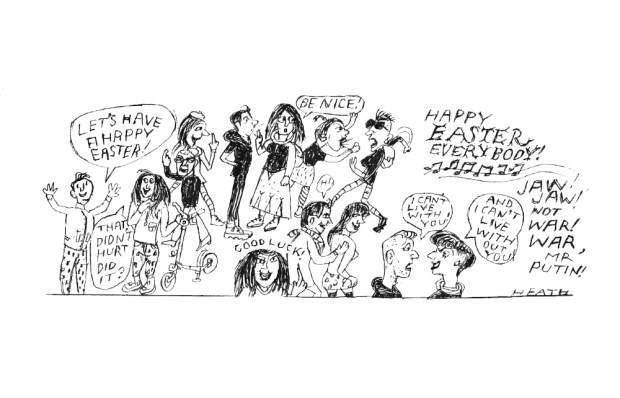
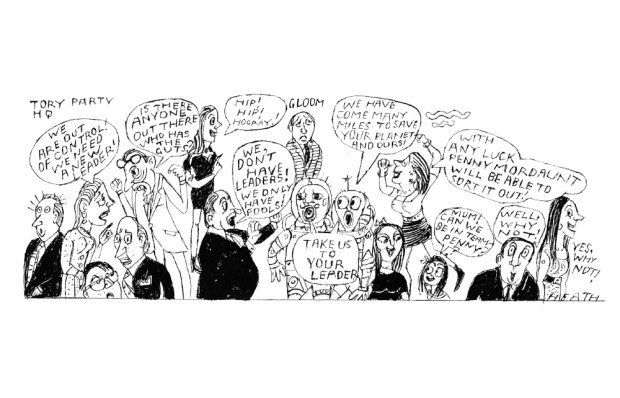
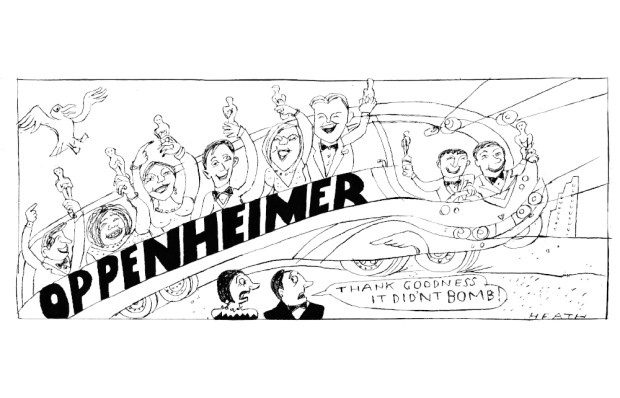
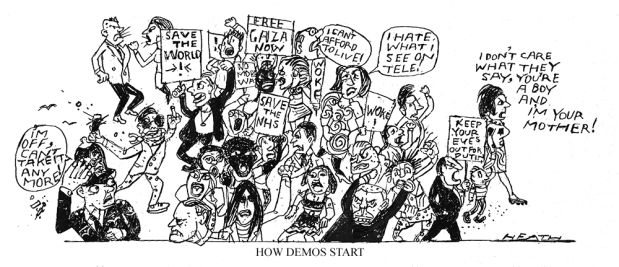
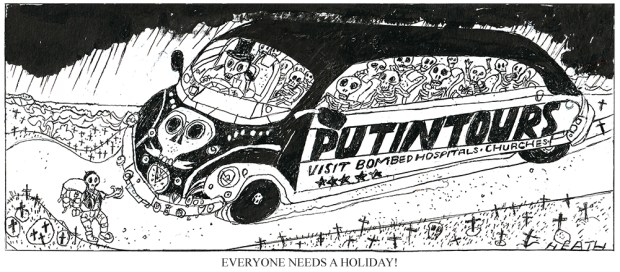






Comments
Don't miss out
Join the conversation with other Spectator Australia readers. Subscribe to leave a comment.
SUBSCRIBEAlready a subscriber? Log in